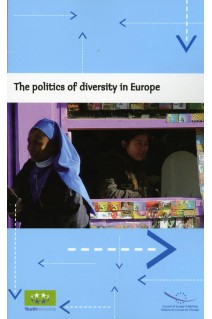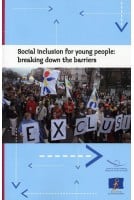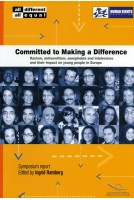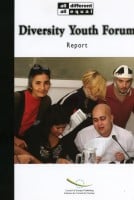



More Benetton than barricades? The politics of diversity in Europe
Part 1: The world made to mean
1. Diversity and equality: an ambiguous relationship
2. The discursive dimension of human rights: a discourse analysis of contemporary Polish debates
3. Cultural difference and the politics of recognition: the case of the Roma of Cyprus
Part 2: Discourse at work, working through discourse
1. Notions of participation and culture in political struggles against exclusion and their consequences: the Catalan case
2. Precarious trajectories: migrant youth regimes in Greece
3. Learning from history: young Jewish men's reactions to anti-Semitism and immigrant youth in contemporary France
4. Reconstructing the international intervention discourse as "politics of difference": achieving full participation in Kosovo refugee camps
Part 3: Implementations, ambiguities, possibilities
1. Black young people in the UK: charting the tensions of relativism and dogmatism in social service praxis
2. Learning to be aware of culture or learning to increase participation?
3. The impact of human rights education in school: the Croatian experience
4. Towards a theory of inclusive participative citizenship
List of contributors











Please note that in accordance with our terms & conditions, PDF/epubs may only be purchased by private individuals.
